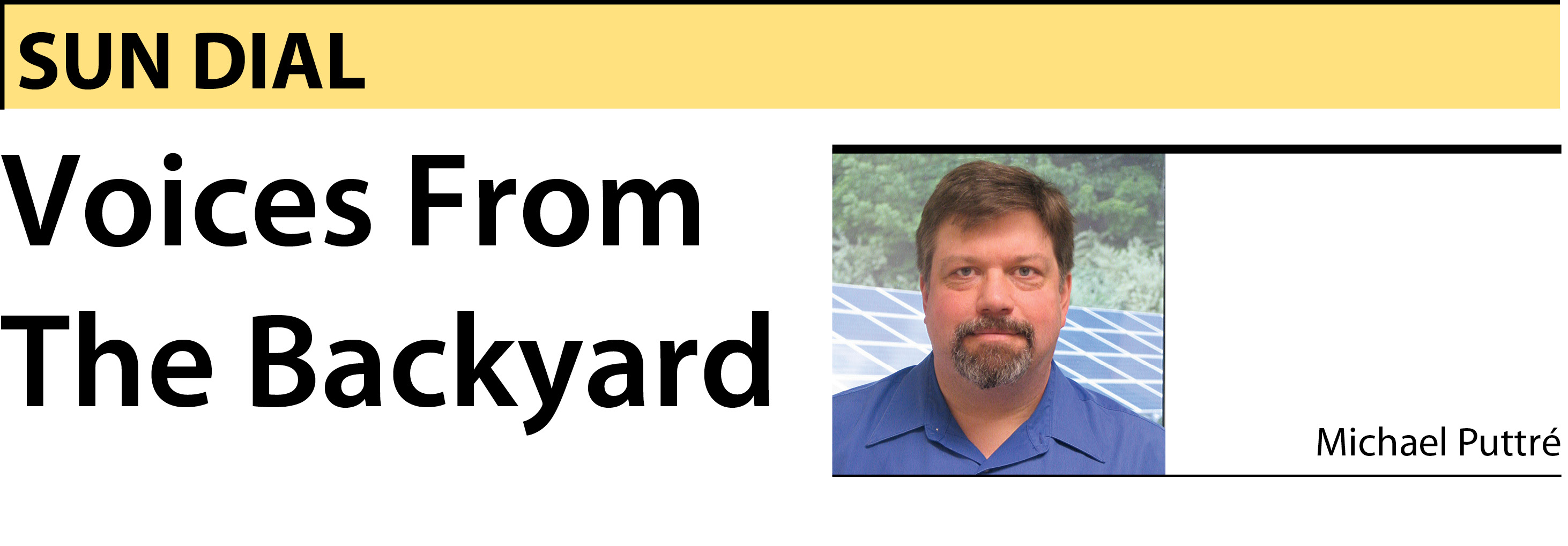
301 Moved Permanently
My father was an engineer in the nuclear power industry. Even before there was a politically relevant anti-nuclear power movement, people were leery of the technology. Not me. My father didn’t work on power plants; he worked on nuclear power stations. Next stop: Alpha Centauri.
I still drink my morning coffee out of a faded Shoreham Nuclear Power Station mug. But the sense that nuclear power represents a boundless tomorrow is a thing of the past.
Not everybody who opposed nuclear power did so out of some fundamental scientific or political objection. There was a major constituency that supported nuclear power in principle but didn’t think a given location was especially suitable, generally on the basis of how close the location was to them.
“Nuclear power is all well and good,” such opponents would say. “Just not in my backyard.”
The NIMBY impulse is not limited to those with gargantuan fission power complexes as prospective neighbors. The April 14, 2013, edition of the Worcester Telegram & Gazette had an article about residents steaming over much more modest power generation projects.
“Residents and abutters have little to no opportunity to have their voices heard,” said one resident quoted in the article with regard to siting a power generation facility near her home in Athol, a rural community in central Massachusetts. “Despite the numerous procedural errors that have occurred, the town continues to allow this ill-sited project to deleteriously impact the public health, safety and welfare of the people who have made their home [here] for years.”
As you may have guessed by now, the punchline is that this impassioned plea was made in opposition to a 3.5 MW, 15-acre solar farm. Other opponents pointed out that the location of the “large-scale” array in a rural, residential area ruined scenic views and the pastoral tranquility they had a right to expect when they bought their houses.
The NIMBY impulse can be the thin edge of the wedge of wide-scale and effective opposition to almost any project. The aforementioned article reported that voters in the town of Sturbridge, Mass., have passed a moratorium on new large-scale photovoltaic and wind power facilities through Jan. 31, 2014. The action has effectively blocked an 18.9-acre solar farm in the town. The developer has filed suit in Boston Land Court to try to reverse the will of the voters.
The solar industry currently enjoys impressive levels of public support and goodwill. Nevertheless, not everybody is going to be happy about living next door to a solar array, and unhappiness has a nasty tendency to generate expensive legal battles. Engaging neighbors in a friendly conversation over the backyard fence is better than facing them in court. S
SUN DIAL
SUN DIAL
si body si body i si body bi si body b
si depbio
- si bullets
si sh
si subhead
pullquote
si first graph
si sh no rule
si last graph